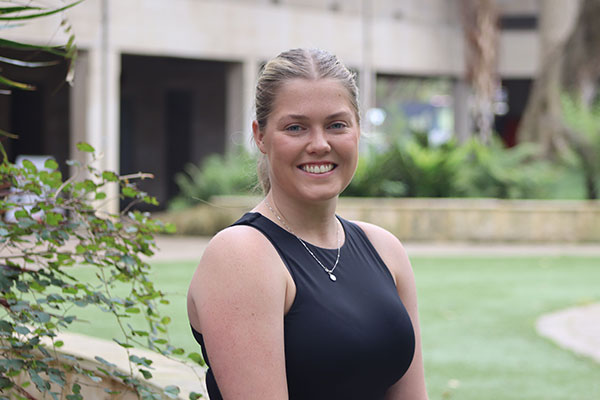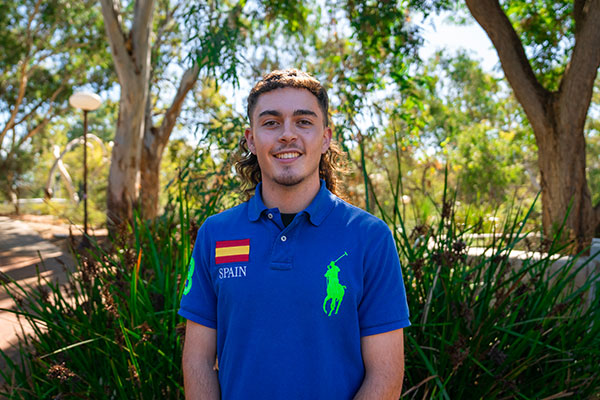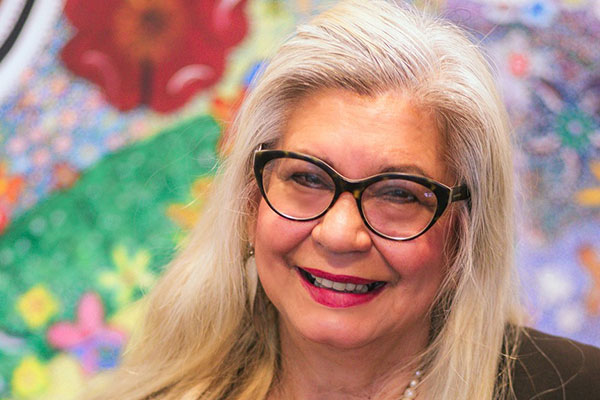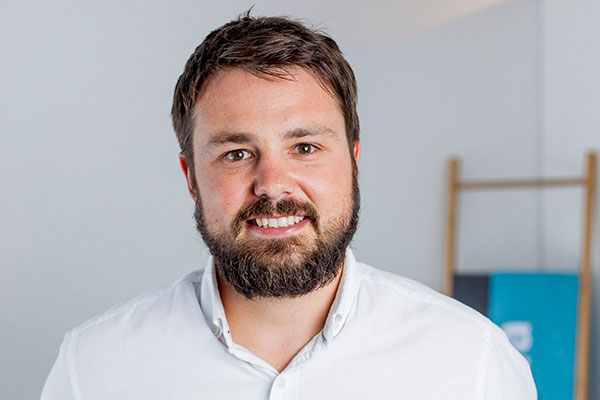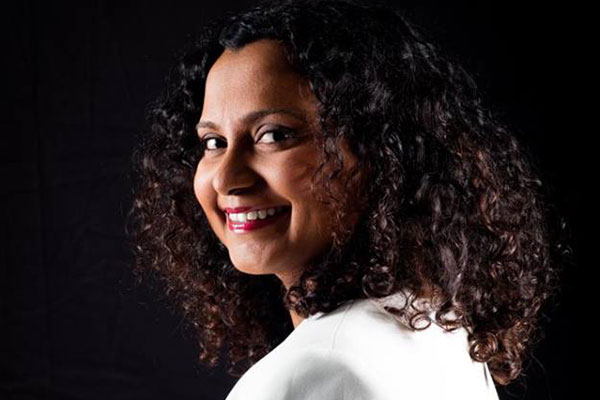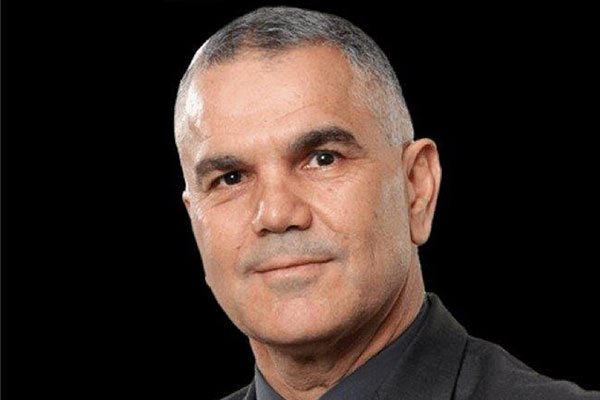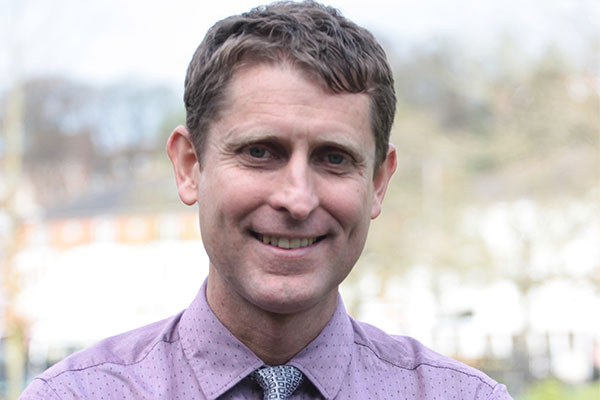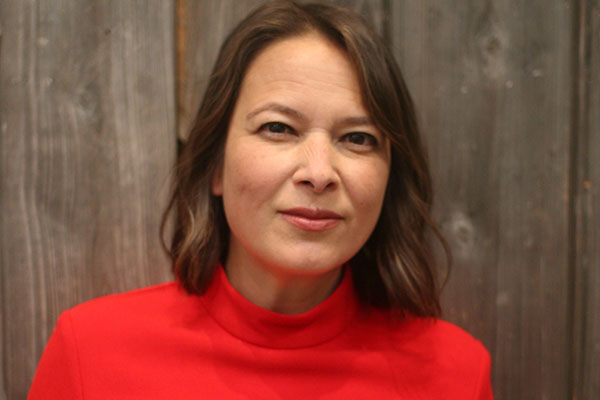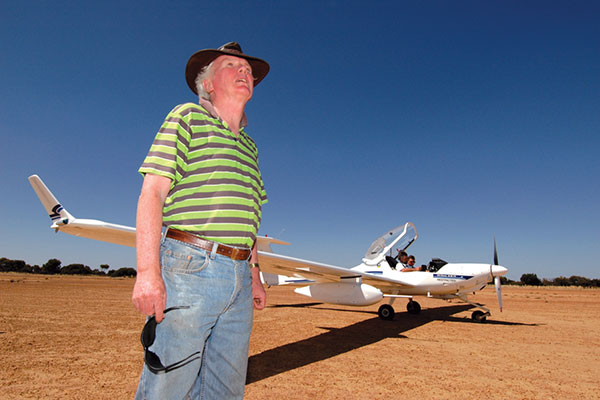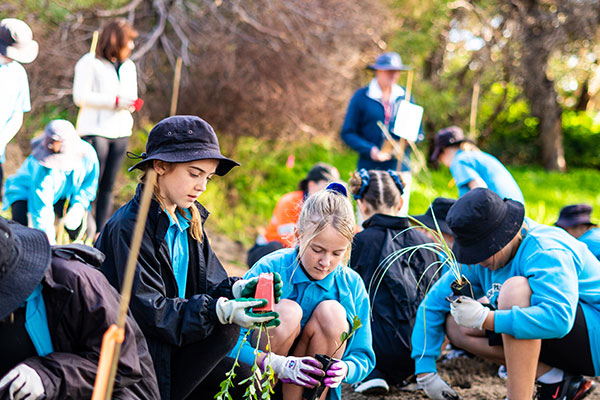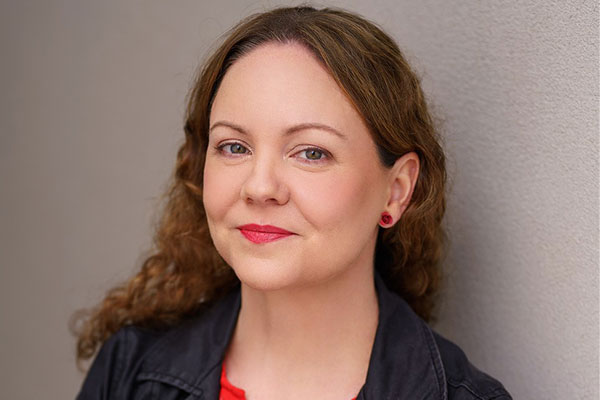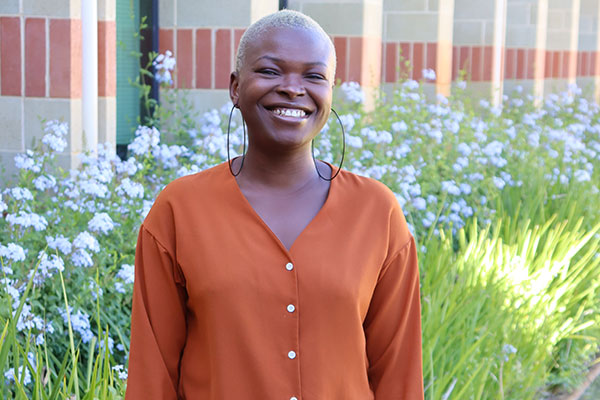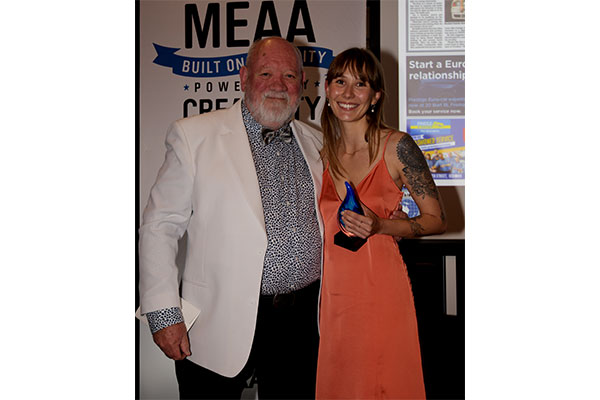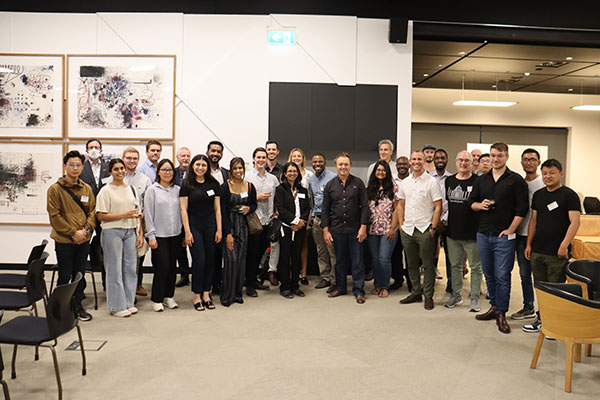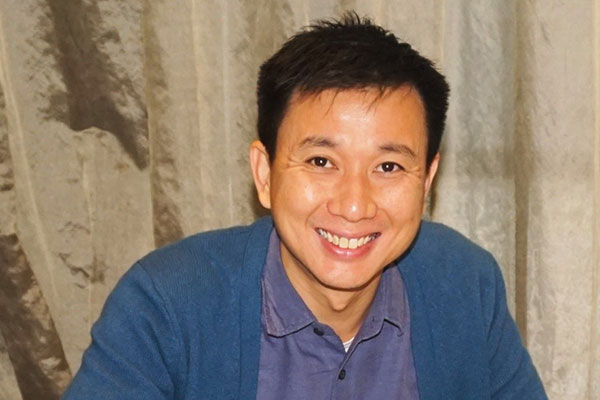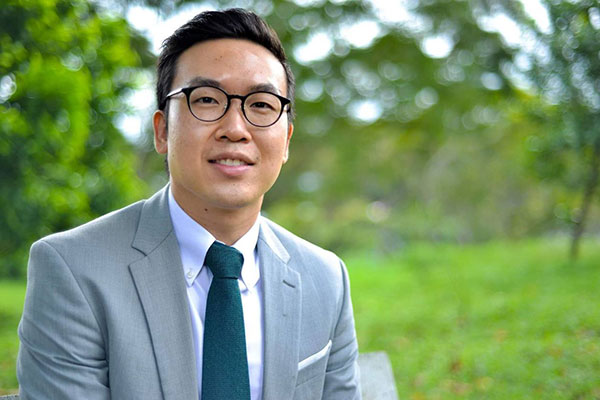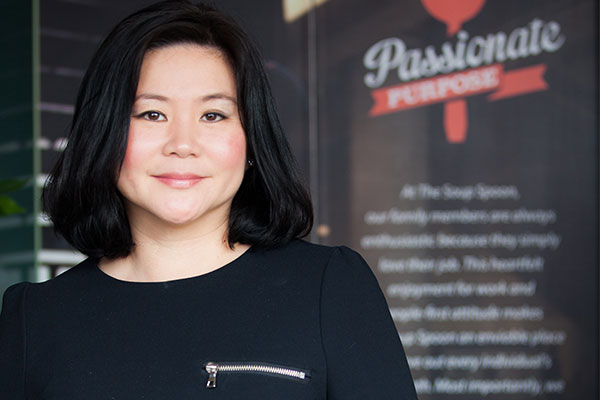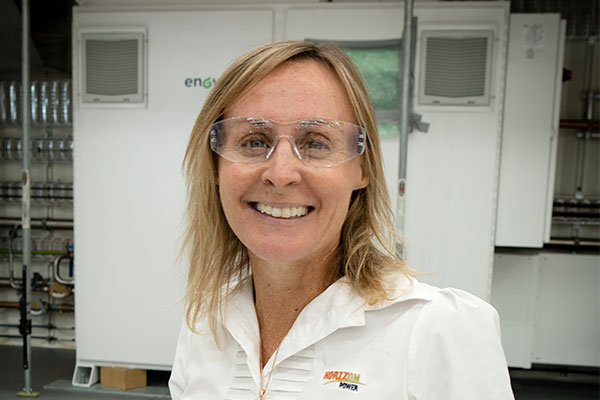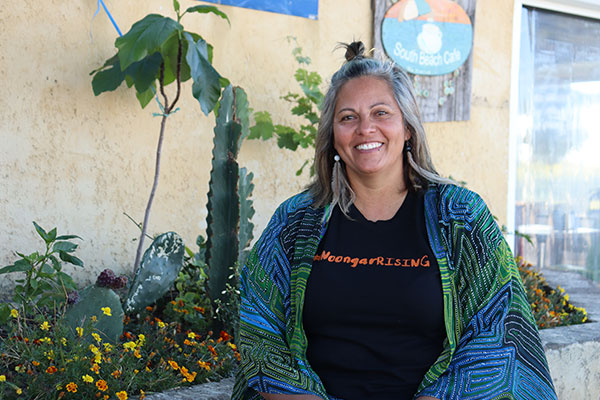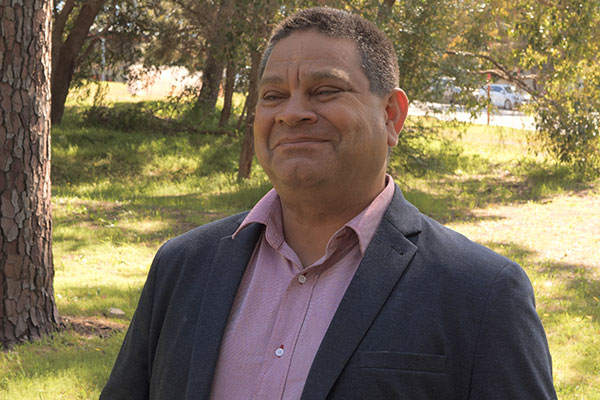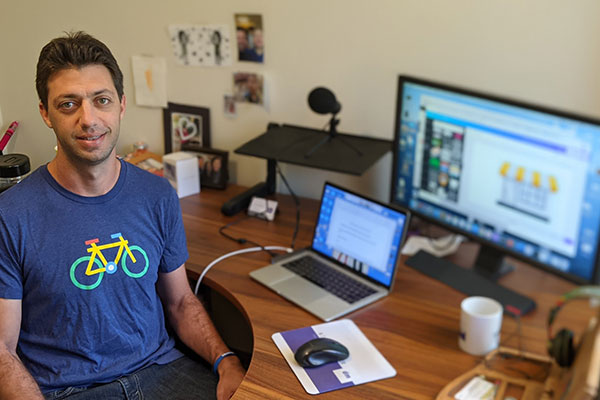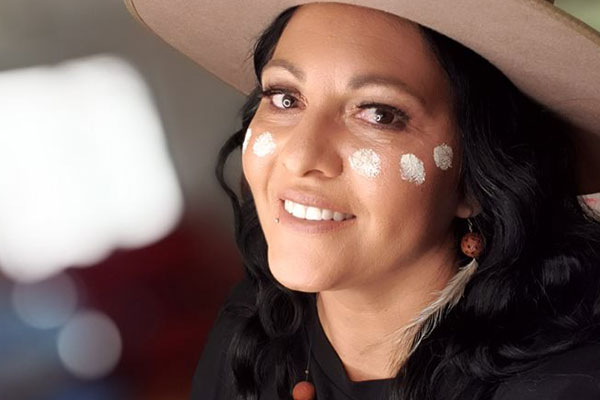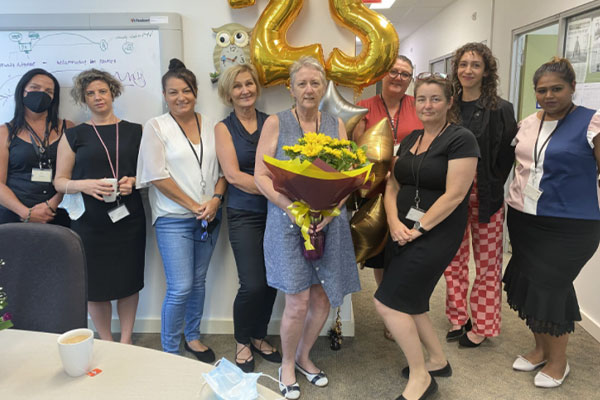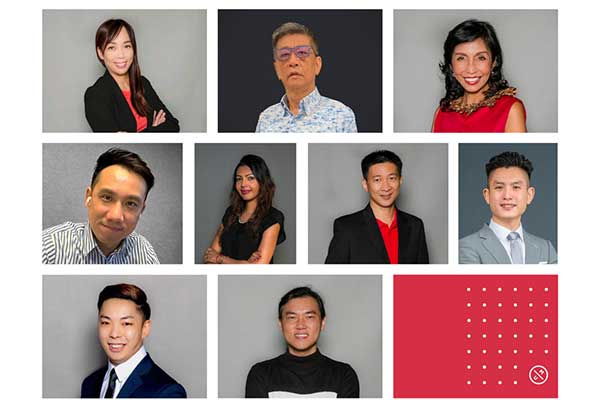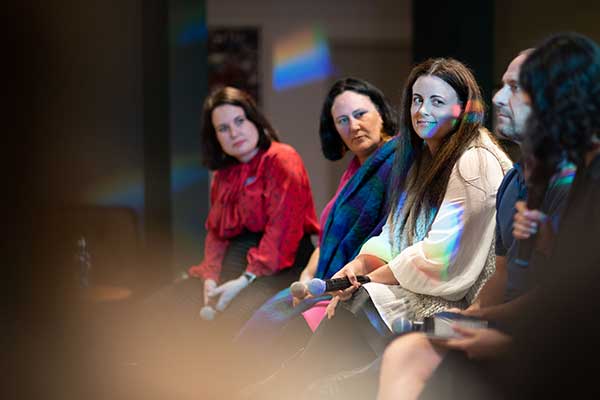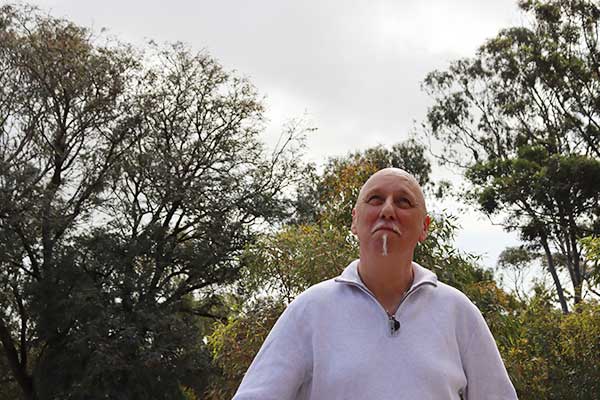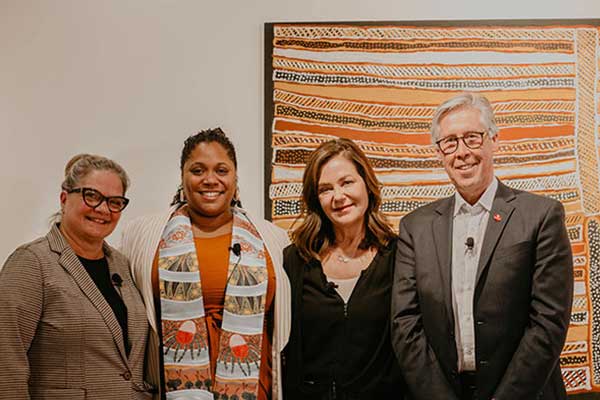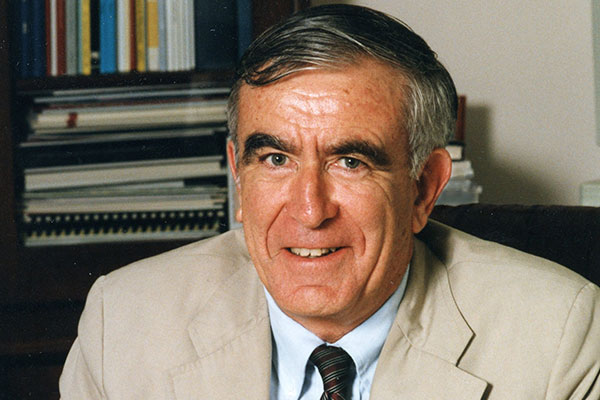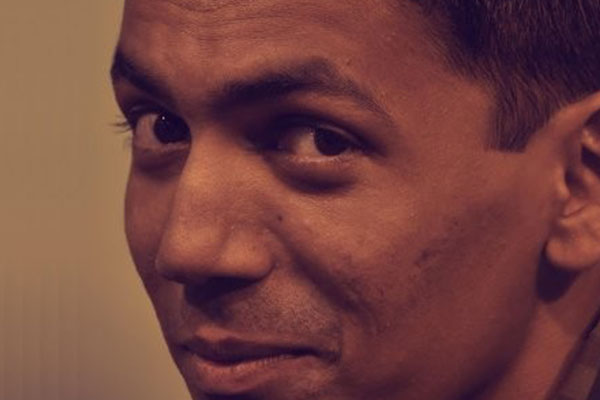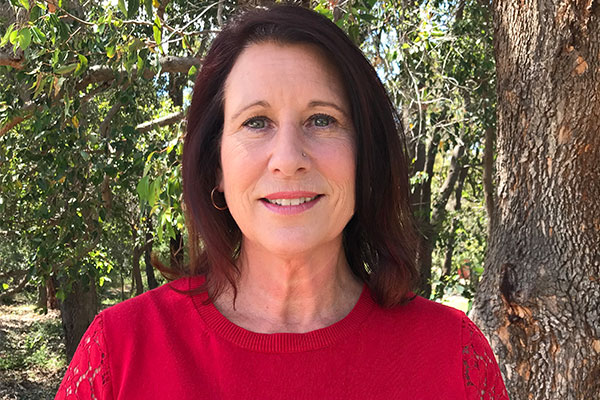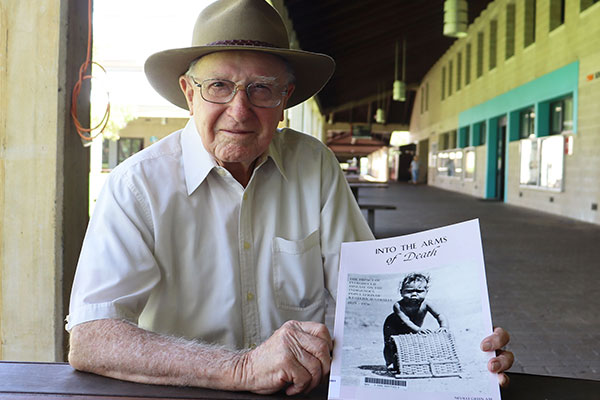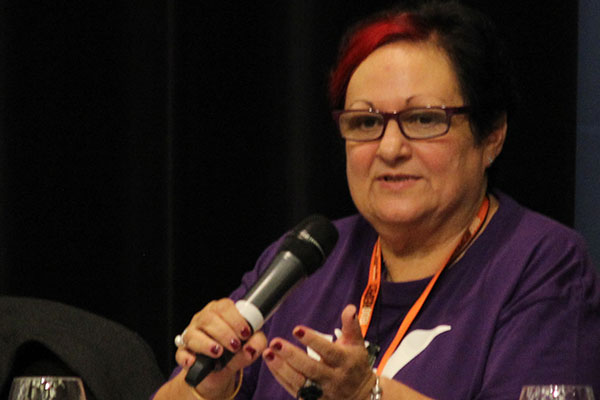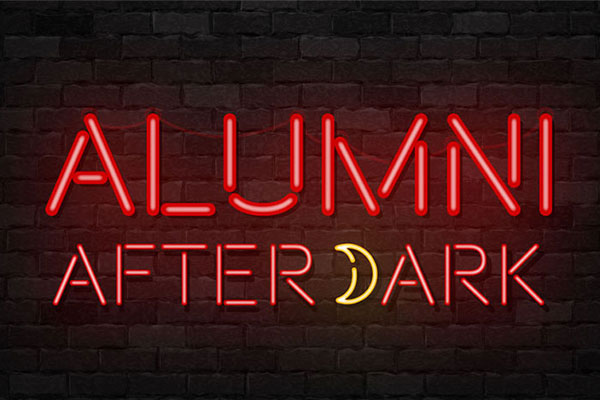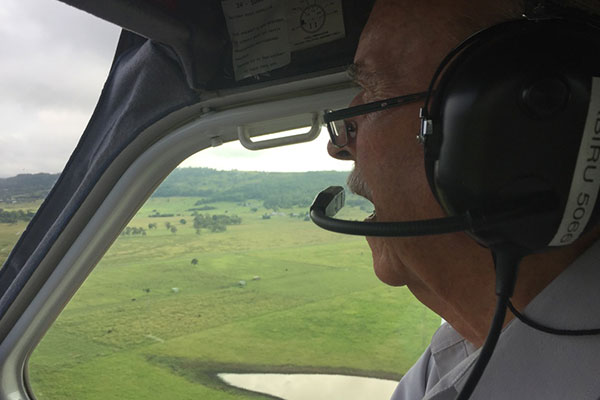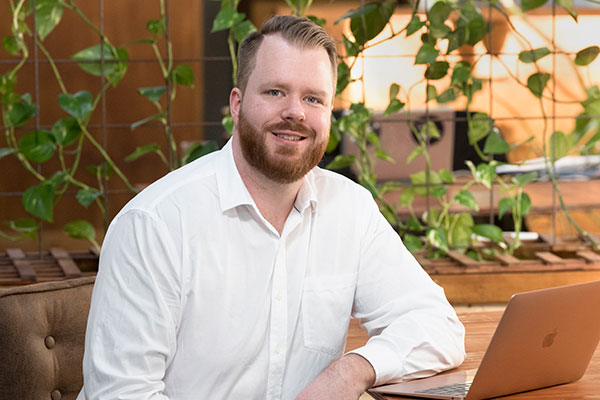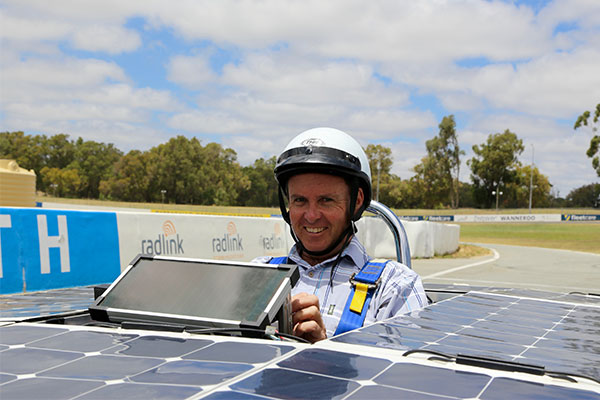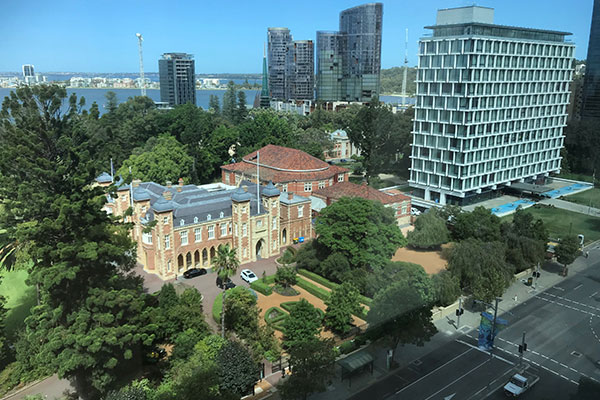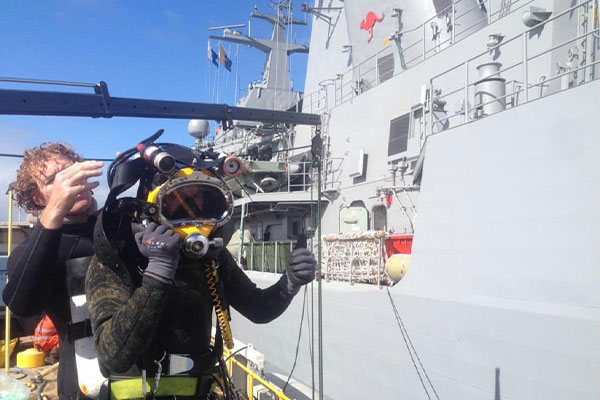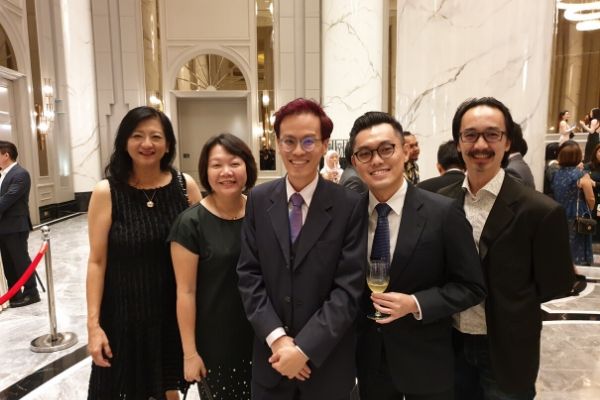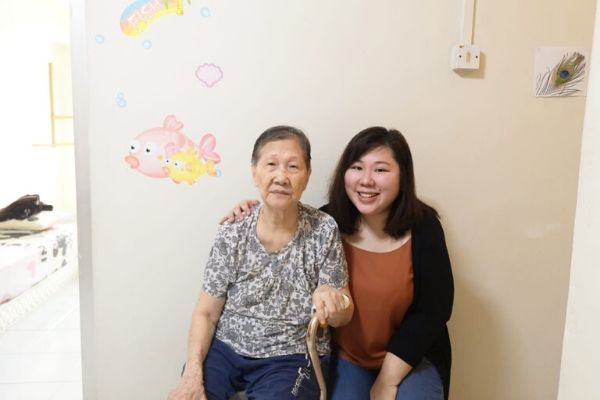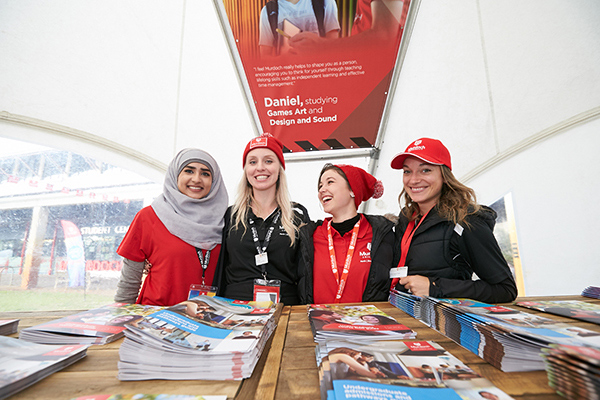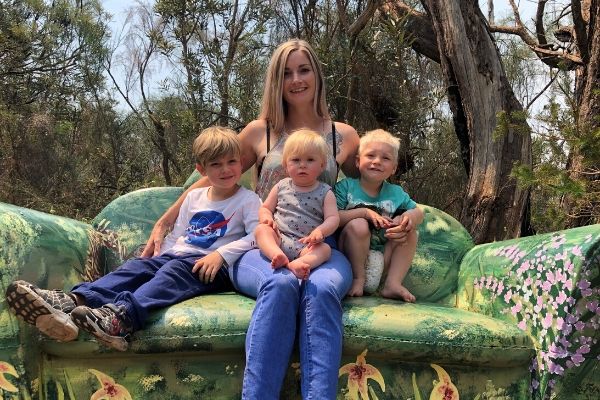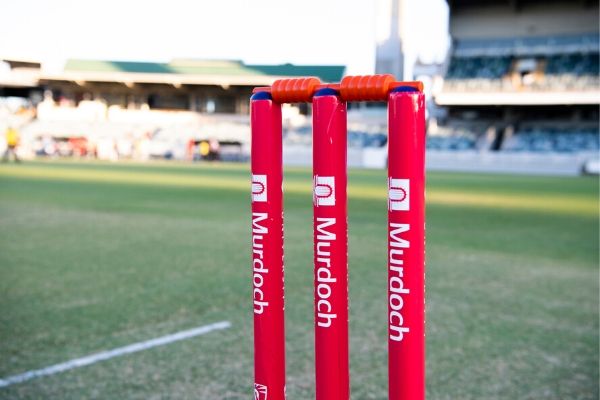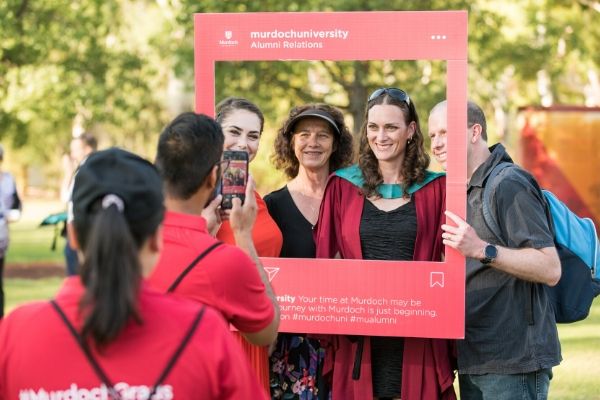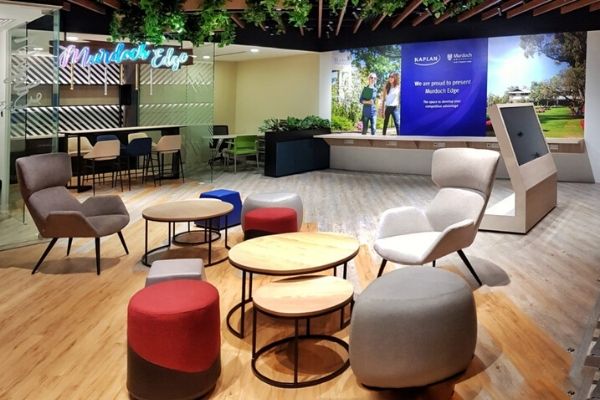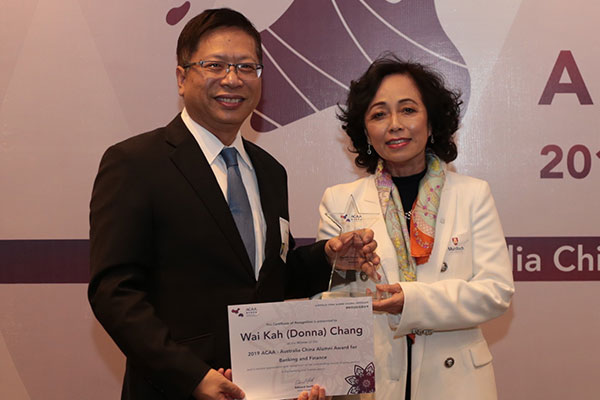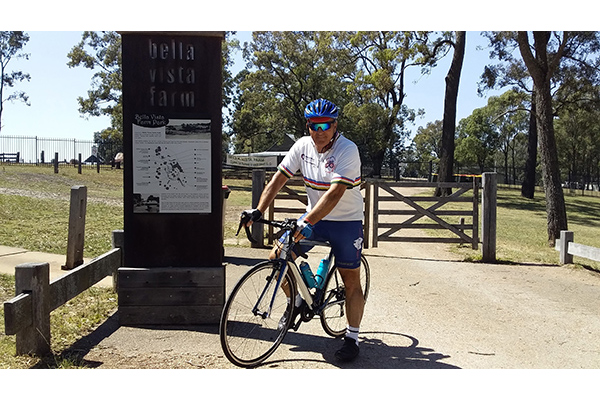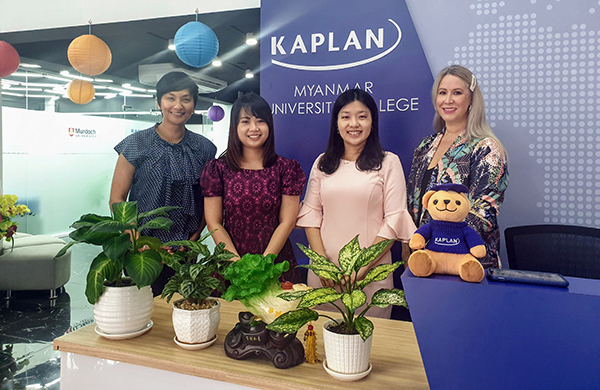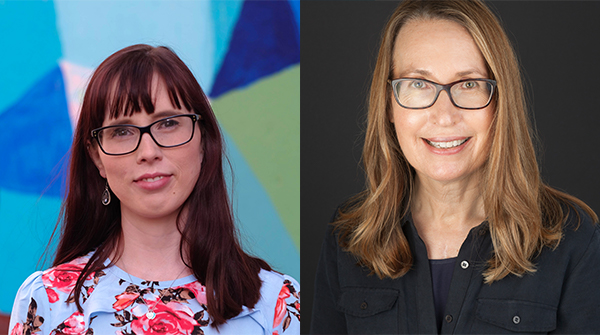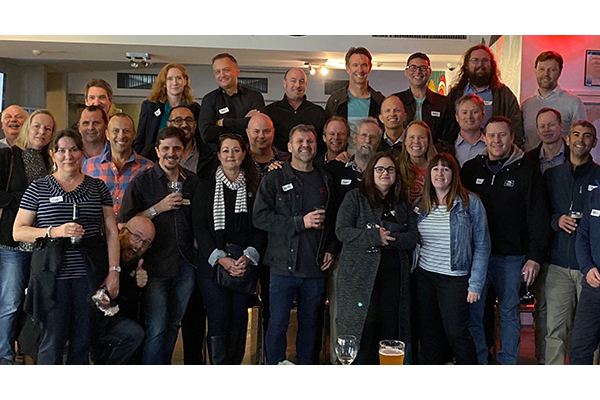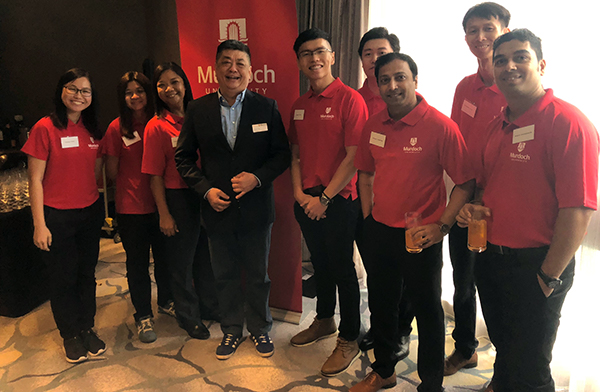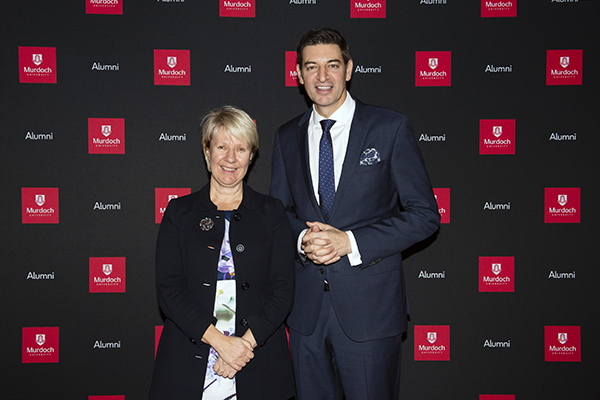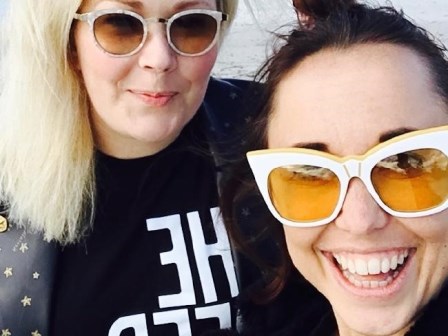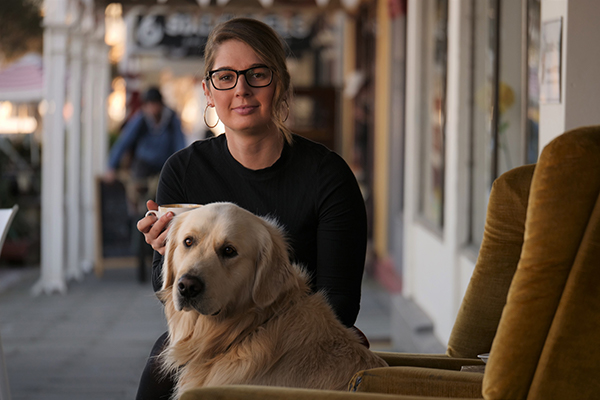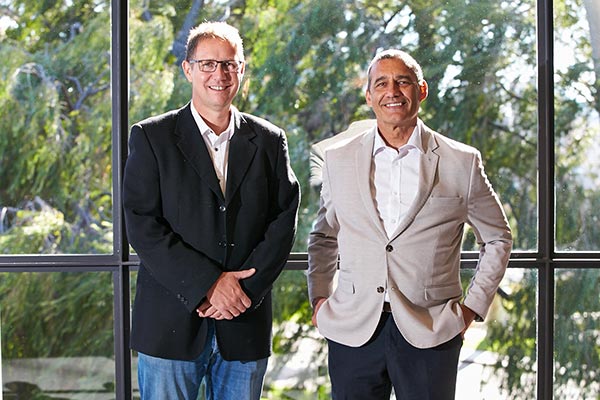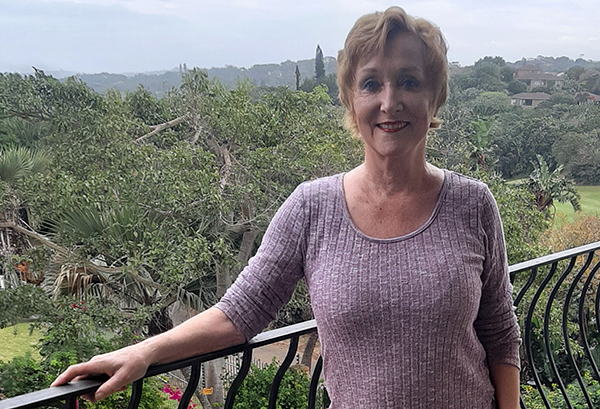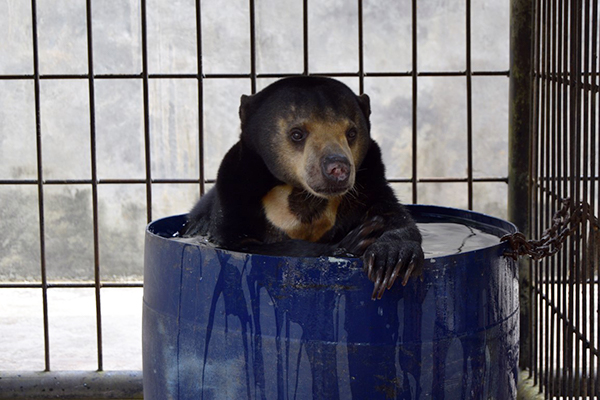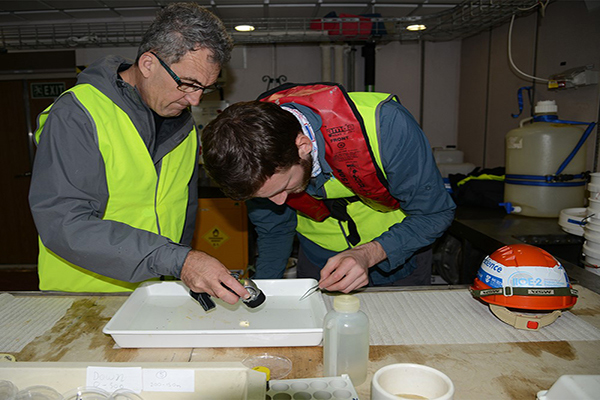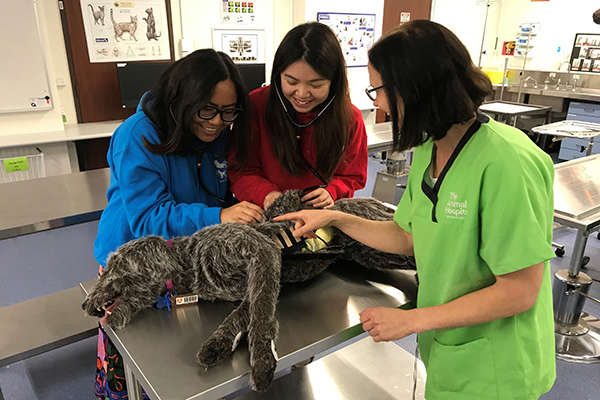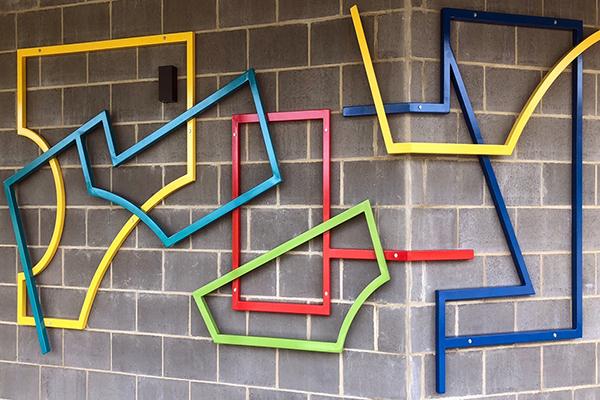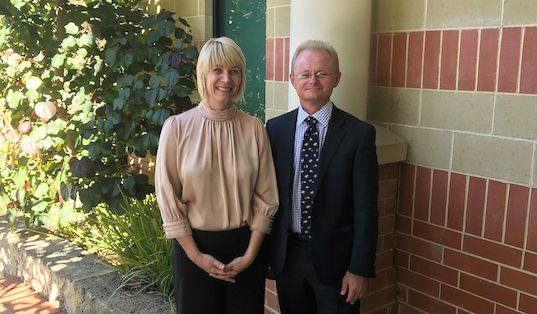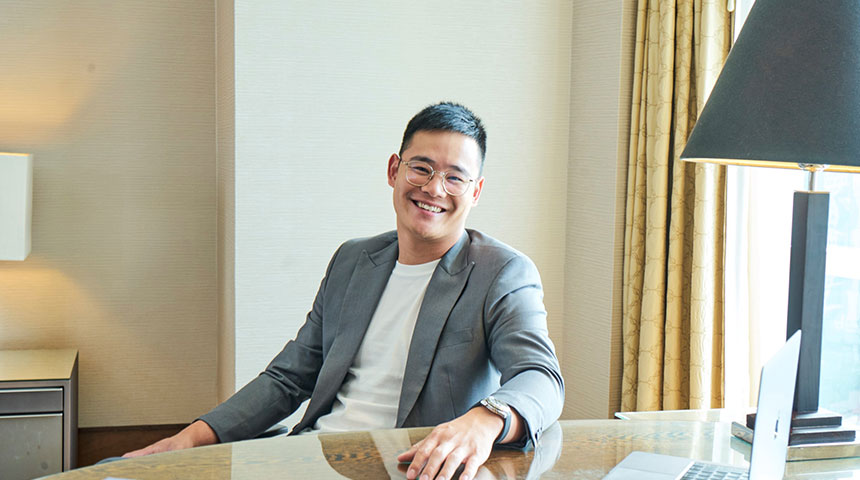
Alumnus seeking to recycle batteries
Since graduating Murdoch University with a Bachelor of Science majoring in Clinical Laboratory Science and Forensic Biology & Toxicology in 2020, Tommy Sucipto has already achieved more than many professionals achieve in a lifetime. In just over a couple of years, Tommy has built a portfolio of property developments including the development of hotels and resorts in Southeast Asia through Amithya Group and Amivilla Worldwide, where Tommy holds the role of Director and Chief Executive Officer respectively.
Maintaining his strong passion for science and sustainability, Tommy’s current focus is on his company, Warfy Limited, an Australian company focusing on the global issue of lithium-ion battery waste. Currently, through a collaboration with a cutting edge and highly specialised team from Murdoch University, he is undertaking a research and development project to recycle hazardous lithium-ion battery waste by processing the batteries and extracting the valuable metals within them for reuse in the supply chain. He is completing research and preparing for commercialisation of his lithium-ion battery recycling plant.
We spoke to Tommy about how he juggles his multitude of impressive projects and his exciting quest to make a global impact.
How were you able to so rapidly develop a portfolio globally?
I think my portfolio was developed so quickly because I try to be as resourceful as possible with what I have access to, or through my network. Through all my dealings I try to make things as easy and simple as possible.
What are you doing with Amithya Group in Indonesia?
I am involved in the Business Development side of Amithya Group. I am in charge of new developments within the company, being involved in dealing with international landowners, joint venture partners and commercial partners, as well as preparing the feasibility study of new projects and carrying out the developments.
What usually happens with lithium waste?
Lithium-ion battery waste currently has no real solution in the world, especially end of life batteries. They are usually thrown into the bins and end up in landfills. Only 5% of lithium-ion batteries are collected and recycled and the recycling methods often include burning the batteries which isn’t great because it loses the ability to recover certain elements from the batteries as well as producing a big carbon footprint.
How toxic is it to the environment and to society?
It is quite dangerous because you can’t even ship lithium-ion batteries by plane because they can explode and are a fire hazard. When the end-of-life batteries get disposed of in bins and in landfills they can cause fires.
What valuable metals can be extracted from lithium?
Primarily, the valuable metals of interest from a lithium-ion battery are nickel, cobalt, lithium, manganese, aluminium, and copper.
When is the recycling plant scheduled to open?
We are currently planning to build the plant in 2023.
Is this idea the first of its kind or is it going on anywhere else in the world?
There are a few lithium-ion battery recycling plants in the world but none on a really large scale yet.
What are your goals for the future?
I want to make an impact by building these plants all over the world, so that lithium-ion battery recycling becomes as normal as recycling lead-acid batteries.
How do you manage your time between your property, hospitality and lithium projects?
I have learnt to be able to switch my focus between different tasks in different businesses very quickly and learnt to prioritise tasks based on urgency and impact. In my experience, most things actually don’t take as long as you think and it is about learning to prioritise what tasks will actually make an impact, taking into account the time it takes to complete the task.
How useful was your degree to your success?
My degree helped my researching ability as well as critical thinking for information. There is a ton of information online and being able to critically analyse whether the information is credible or not is a very important skill.
